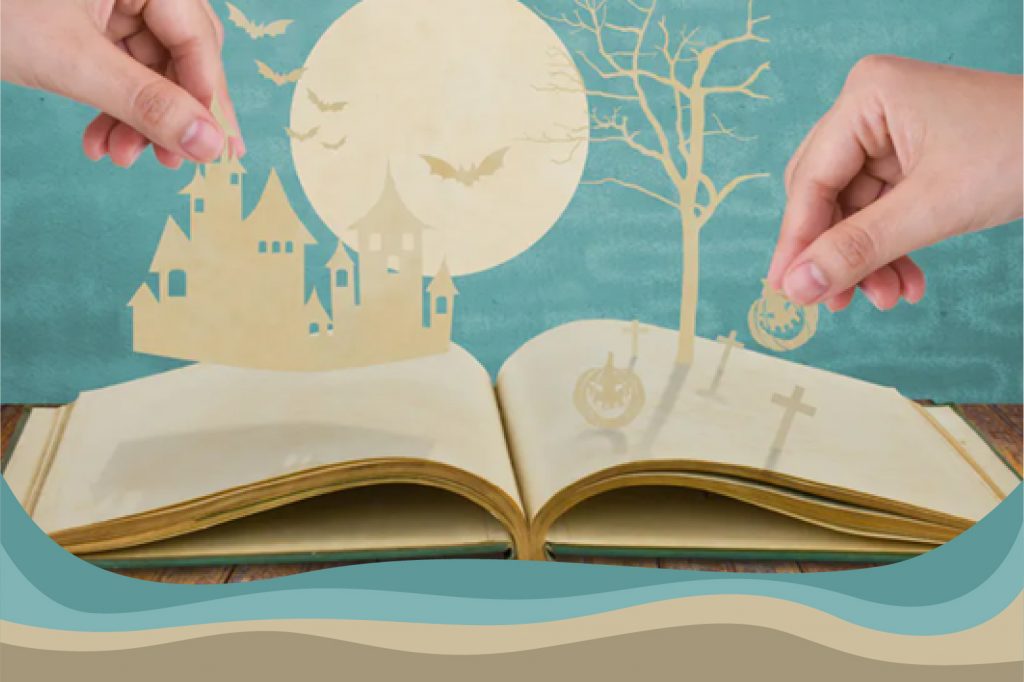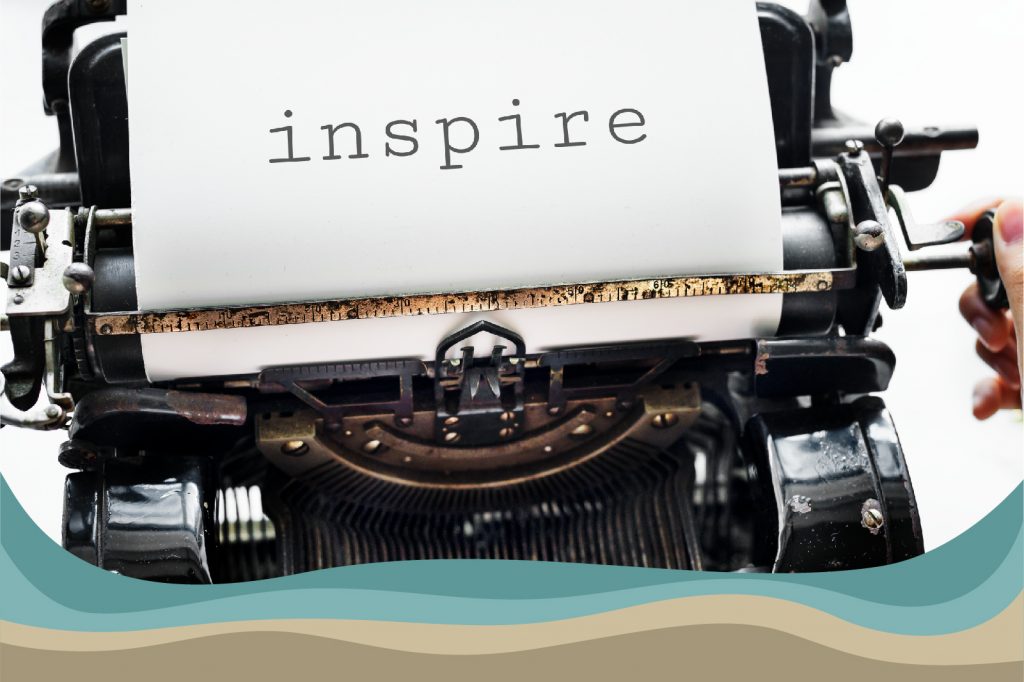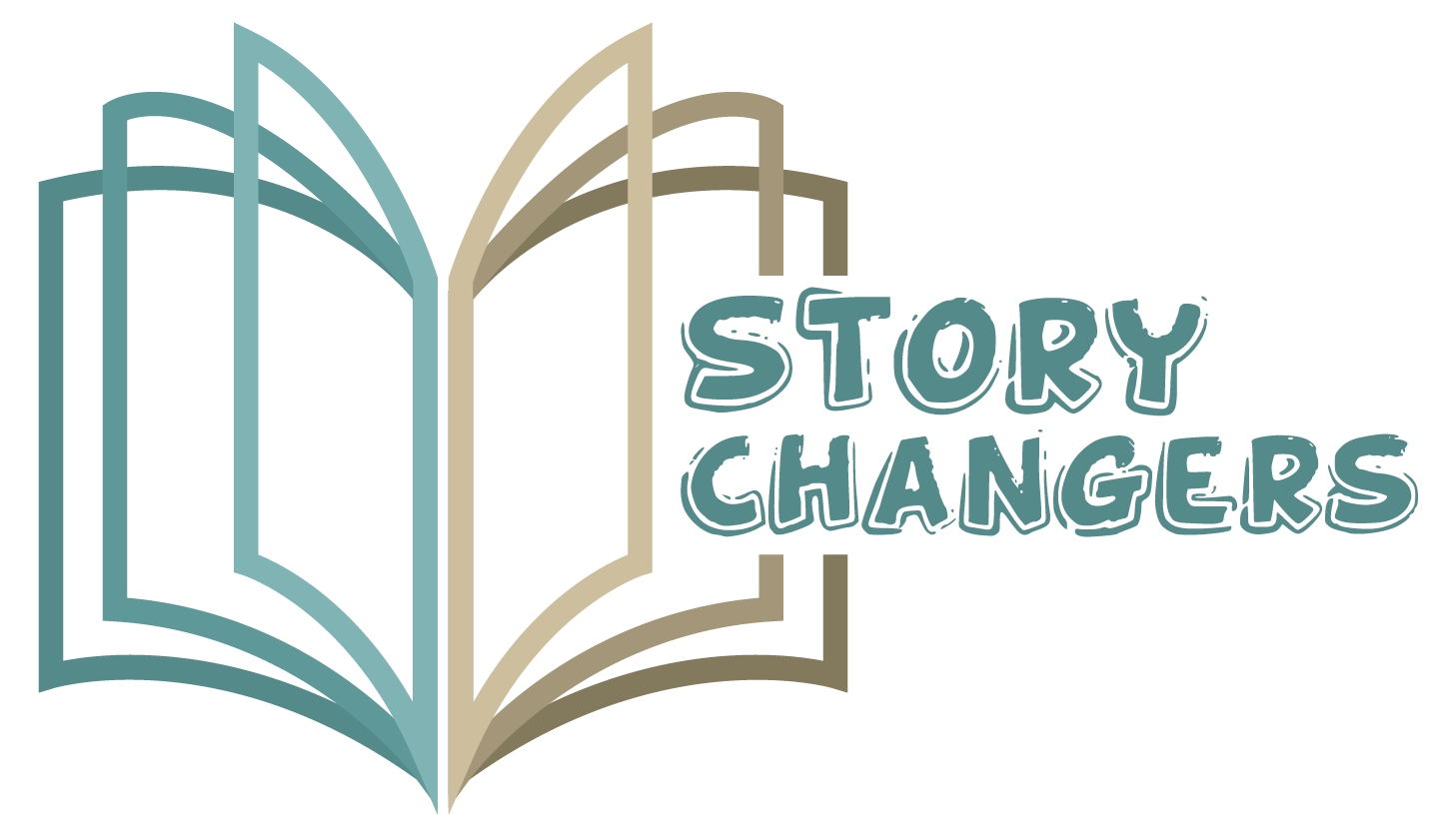The Committee on Industry, Research and Energy of the European Parliament has emphasised (Opinion 10.10.2018) the need for the education system to support a balanced set of skills and competences and promote a synergy between relevant digital skills and life skills, as well as key competences (particularly personal social and entrepreneurial skills).
Storytelling has started being included in national education curricula, but it is mainly connected with oral speech and the development of language in general. Nevertheless, there are numerous other benefits of storytelling as a teaching method. British Council’s TeachingEnglish platform lists some of these: it promotes a feeling of well-being and relaxation, it increases children’s willingness to communicate thoughts and feelings, iot encourages active participation, it increases verbal proficiency, it encourages the use of imagination and creativity, it encourages cooperation between students and enhances listening skills.


As far as Virtual Reality is concerned, it “does not only bring art to users’ doorsteps, it is also a new form of expression and storytelling”, while it is “capable of transforming and innovating traditional sectors such as manufacturing industries, construction and healthcare. It can also revolutionize education, culture, travelling and entertainment” (Bezegová et al., Virtual Reality and its Potential for Europe, ECORYS, 2017). But above all the aforementioned benefits, it is widely acknowledged that VR can bring people, and especially the younger ones, closer to empathy than many other kinds of art.
Although the European Commission identifies the possibilities of employing VR in education and acknowledges positive developments, they still support that VR has a limited number of trials underway worldwide, while widespread uptake is not expected until several obstacles are addressed (Digital Transformation Monitor-Augmented and Virtual Reality, 2017).
Story Changers intends to construct a bridge between storytelling and VR on one side, and basic social skills (such as critical thinking and empathy) on the other. This will be achieved through making primary education pupils the heroes of the story.

